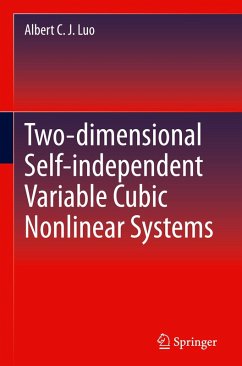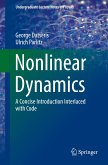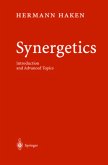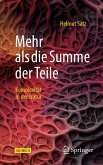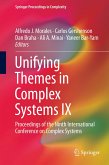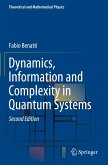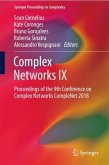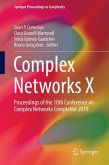This book, the third of 15 related monographs, presents systematically a theory of self-independent cubic nonlinear systems. Here, at least one vector field is self-cubic, and the other vector field can be constant, self-linear, self-quadratic, or self-cubic. For constant vector fields in this book, the dynamical systems possess 1-dimensional flows, such as source, sink and saddle flows, plus third-order source and sink flows. For self-linear and self-cubic systems discussed, the dynamical systems possess source, sink and saddle equilibriums, saddle-source and saddle-sink, third-order sink and source (i.e, (3rd SI:SI)-sink and (3rdSO:SO)-source) and third-order source (i.e., (3rd SO:SI)-saddle, (3rd SI, SO)-saddle) . For self-quadratic and self-cubic systems, in addition to the first and third-order sink, source and saddles plus saddle-source and saddle-sink, there are (3:2)-saddle-sink and (3:2) saddle-source and double-saddles. For the two self-cubic systems, (3:3)-source, sink and saddles exist. Finally, the author describes that homoclinic orbits without centers can be formed, and the corresponding homoclinic networks of source, sink and saddles exists.
Readers will learn new concepts, theory, phenomena, and analytic techniques, including
Constant and crossing-cubic systems
Crossing-linear and crossing-cubic systems
Crossing-quadratic and crossing-cubic systems
Crossing-cubic and crossing-cubic systems
Appearing and switching bifurcations
Third-order centers and saddles
Parabola-saddles and inflection-saddles
Homoclinic-orbit network with centers
Appearing bifurcations
Readers will learn new concepts, theory, phenomena, and analytic techniques, including
Constant and crossing-cubic systems
Crossing-linear and crossing-cubic systems
Crossing-quadratic and crossing-cubic systems
Crossing-cubic and crossing-cubic systems
Appearing and switching bifurcations
Third-order centers and saddles
Parabola-saddles and inflection-saddles
Homoclinic-orbit network with centers
Appearing bifurcations

